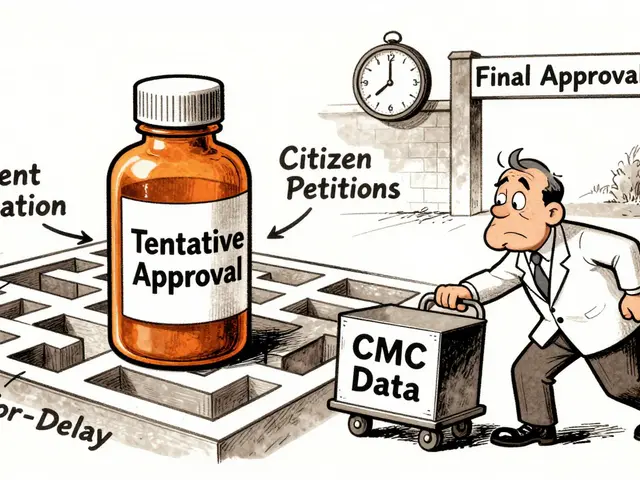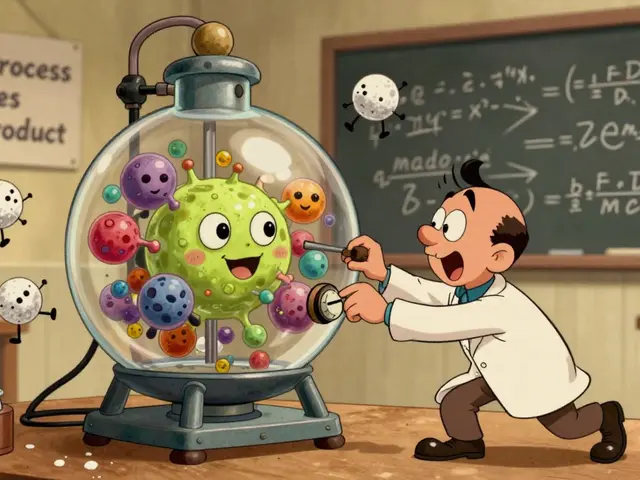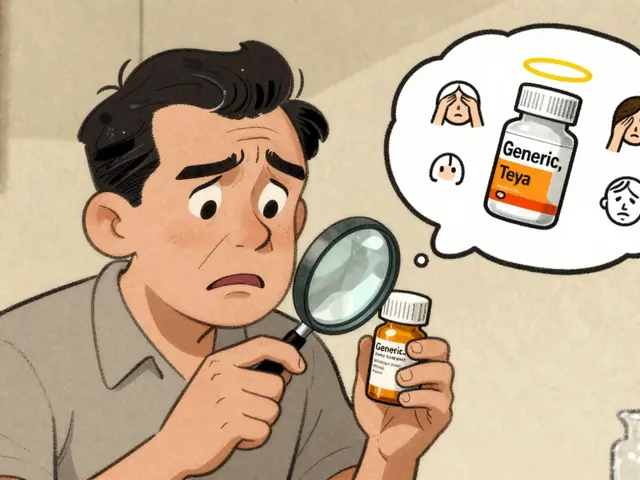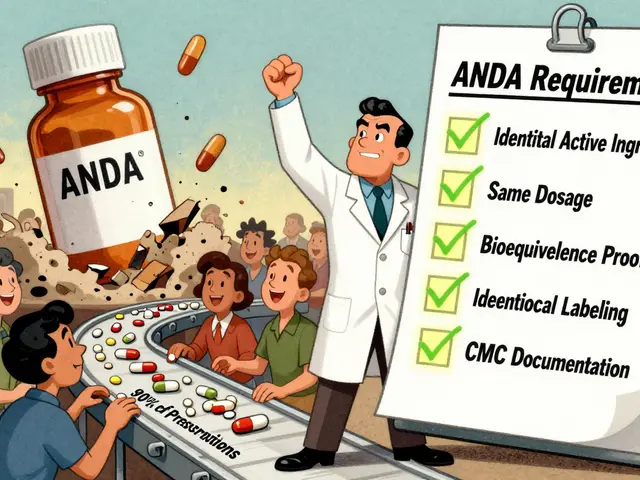Dapagliflozin Clinical Trials: What You Need to Know
Dapagliflozin is a drug that helps the kidneys get rid of extra sugar. It belongs to a class called SGLT2 inhibitors and is used mainly for type 2 diabetes. Over the past few years, several big studies have looked at how well it works and how safe it is. If you or someone you know is thinking about this medicine, the trial results can tell you a lot.
Key Trial Results
The most talked‑about study is the DECLARE‑TOK trial. It enrolled more than 17,000 people with diabetes and followed them for about five years. The trial showed that dapagliflozin lowered the chance of heart failure hospitalizations and slowed kidney decline. That means the drug does more than just lower blood sugar.
Another important trial is DAPA‑HF, which focused on patients with heart failure, even those without diabetes. Participants taking dapagliflozin had fewer deaths and less need for hospitalization compared to placebo. This opened the door for doctors to consider the drug for heart failure treatment, not just diabetes.
The DAPA‑CKD study looked at kidney disease. People with chronic kidney disease, with or without diabetes, took dapagliflozin or a dummy pill. The dapagliflozin group saw a slower drop in kidney function and a lower risk of ending up on dialysis. Those results have changed guidelines for kidney care.
Safety data from the trials is also clear. The most common side effects are urinary tract infections and genital yeast infections. They’re usually mild and go away with treatment. Rarely, people see dehydration or low blood pressure, so staying hydrated is a good idea.
Practical Takeaways for Patients
If you’re starting dapagliflozin, the usual dose is 10 mg once a day, and doctors may increase it to 20 mg if needed. Take it with or without food, but always follow your doctor’s instructions.
Before you begin, tell your doctor about any kidney problems, liver disease, or if you’re pregnant. The drug works best when your kidney function is still decent; very low kidney function may need a dose adjustment or a different medicine.
Keep an eye on your blood sugar levels, especially if you take insulin or another diabetes drug. Because dapagliflozin lowers sugar, you might need a small dose change to avoid lows.
Most people notice a modest weight loss, often a couple of pounds over a few months. That’s a nice side effect if you’re trying to manage weight.
Overall, the big trials show dapagliflozin is more than a sugar‑lowering pill. It helps the heart, protects the kidneys, and is fairly safe for most people. Talk with your healthcare provider about whether the trial data fits your health goals.

Dapagliflozin History: From Discovery to FDA Approval
- By : Tamsin Riverton
- Date : Jul 25 2025
Explore the full journey of dapagliflozin, from early laboratory research through clinical trials to its 2014 FDA approval, highlighting key players and breakthrough data.




